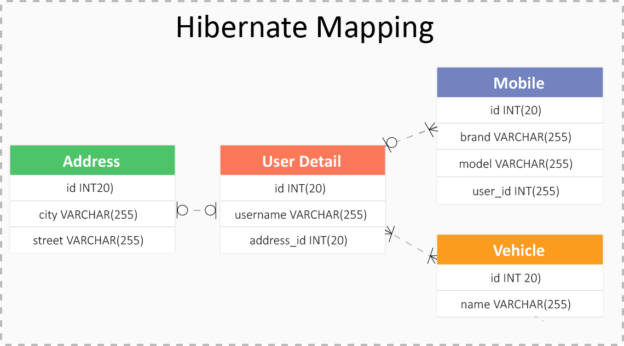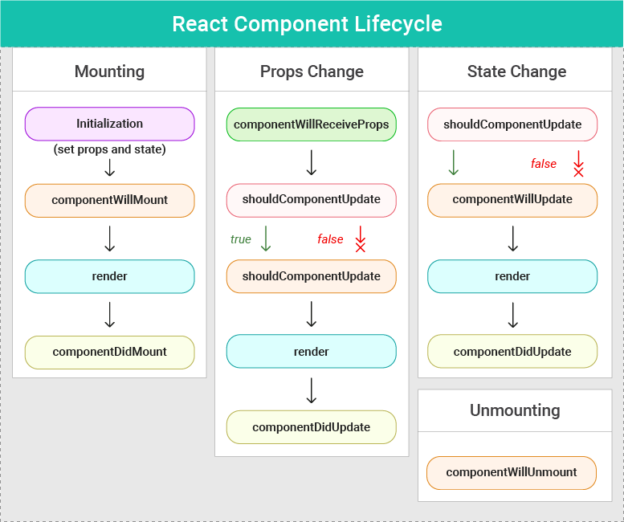
Understanding Microservices Architecture with Spring Boot
Microservices architecture is a modern approach to building and deploying applications. Spring Boot, a popular framework for Java development, provides powerful tools to simplify the implementation of microservices. Let’s explore the key concepts and benefits of microservices architecture and how Spring Boot facilitates this approach. What is Microservices Architecture? Microservices Architecture is a style of Continue Reading »
 End to End Technology Solutions
End to End Technology Solutions




